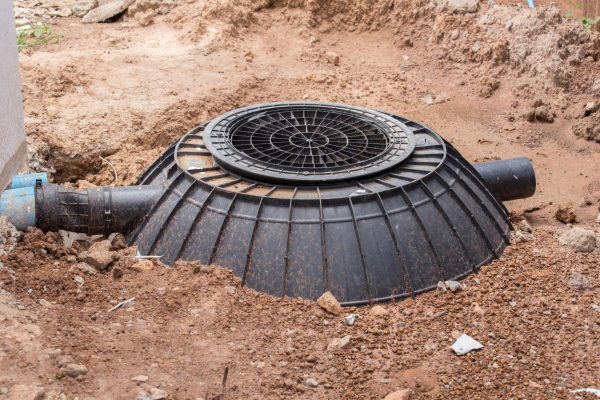
Septic systems serve as essential wastewater treatment solutions for properties not connected to municipal sewer systems. However, the approach to maintaining residential and commercial septic systems differs significantly in scope, complexity, and requirements. Understanding these differences helps property owners make informed decisions about septic pumping services and maintenance schedules.
Residential septic systems typically handle wastewater from single-family homes or small multi-unit buildings, while commercial systems manage waste from businesses, restaurants, office buildings, and industrial facilities. The volume, type of waste, and usage patterns create distinct challenges that require specialized approaches to pumping and maintenance.
System Size and Capacity Differences
Residential Septic Tank Specifications
Residential septic tanks generally range from 750 to 1,500 gallons, designed to accommodate the daily wastewater needs of a typical household. These systems process approximately 50-100 gallons of wastewater per person daily, including water from toilets, showers, sinks, and laundry facilities.
Commercial Septic System Scale
Commercial septic systems operate on a much larger scale, often featuring tanks ranging from 1,500 to 10,000 gallons or more. Restaurants, hotels, and office buildings generate substantially higher volumes of wastewater, requiring robust systems capable of handling hundreds or thousands of gallons daily. The increased capacity demands more sophisticated pumping equipment and longer service times.
Pumping Frequency Requirements
The pumping schedule represents one of the most significant differences between residential and commercial septic maintenance. Residential systems typically require pumping every 2-5 years, depending on household size, water usage, and tank capacity. Homeowners can often predict their pumping needs based on consistent usage patterns.
Commercial properties face more complex scheduling demands. High-traffic businesses may require monthly or quarterly pumping, while office buildings might need service every 6-12 months. Restaurants and food service establishments often require the most frequent attention due to grease and food waste that accelerates tank filling and can cause system complications.
Service Complexity and Equipment Needs
Residential Pumping Procedures
Residential septic pumping typically involves straightforward procedures using standard vacuum trucks and equipment. The process usually takes 1-3 hours, with technicians accessing the tank through manholes or inspection ports. The relatively simple layout allows for efficient service with minimal disruption to daily activities.
Commercial System Challenges
Commercial septic pumping presents increased complexity requiring specialized equipment and expertise. Larger tanks demand more powerful vacuum trucks with extended hose lengths to reach tanks located further from access points. Multiple tanks, lift stations, and complex piping systems require comprehensive knowledge of commercial septic infrastructure.
Regulatory Compliance and Permits
Commercial septic systems face stricter regulatory oversight compared to residential properties:
- Health department inspections occur more frequently for commercial properties
- Business licenses often require proof of regular septic maintenance
- Environmental protection agencies monitor commercial waste disposal more closely
- Restaurants must comply with grease trap regulations and disposal requirements
- Industrial facilities may need special permits for specific waste types
- Documentation and record-keeping requirements are more extensive for commercial properties
Cost Considerations
Several factors influence the cost differences between residential and commercial septic pumping:
- Tank size directly impacts pumping costs, with commercial systems requiring more time and resources
- Frequency of service affects annual maintenance budgets significantly
- Specialized equipment for commercial systems increases service costs
- Emergency services for commercial properties often carry premium pricing
- Travel time and accessibility challenges can add to commercial service expenses
- Disposal fees for commercial waste may be higher due to volume and content
Environmental Impact and Waste Management
Commercial septic systems generate different environmental considerations compared to residential properties. Restaurants produce grease and food particles that require special handling and disposal methods. Office buildings may introduce cleaning chemicals and paper products that affect system balance.
The environmental impact extends to waste disposal practices. Commercial septic waste often requires processing at specialized facilities equipped to handle larger volumes and diverse waste types. Proper disposal becomes critical for businesses maintaining environmental compliance and community responsibility.
Industrial facilities may produce waste requiring hazardous material protocols, adding complexity to the pumping and disposal process. These requirements demand service providers with appropriate certifications and equipment to handle specialized waste safely.
Choosing the Right Service Provider
Selecting appropriate septic pumping services requires understanding the specific needs of residential versus commercial properties. Residential customers benefit from reliable, cost-effective service providers offering flexible scheduling and transparent pricing. Homeowners should seek companies with good local reputations and proper licensing.
Commercial properties require service providers with commercial-grade equipment, specialized expertise, and comprehensive insurance coverage. Businesses need partners capable of handling emergency situations, maintaining compliance documentation, and working around operational schedules to minimize disruption.
Whether managing a single-family home or a large commercial facility, proper septic maintenance protects your investment, ensures regulatory compliance, and maintains safe, sanitary conditions. Understanding the differences between residential and commercial systems helps property owners make informed decisions about service frequency, provider selection, and budget planning for long-term septic system health.
Contact Dr. Septic today for professional septic pumping services throughout San Diego. Understanding the differences between residential and commercial systems helps property owners make informed decisions about service frequency, provider selection, and budget planning for long-term septic system health.
